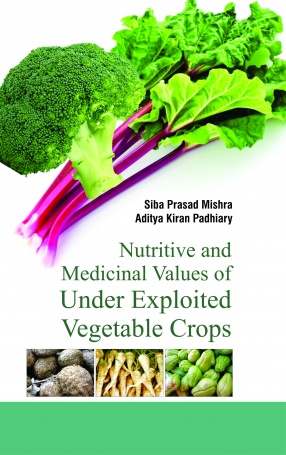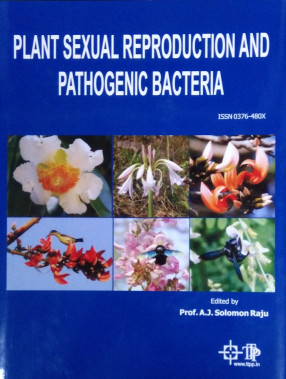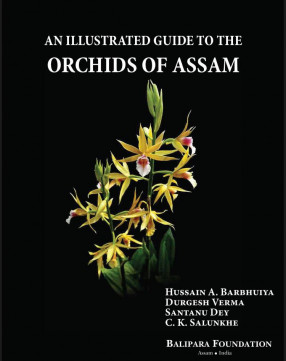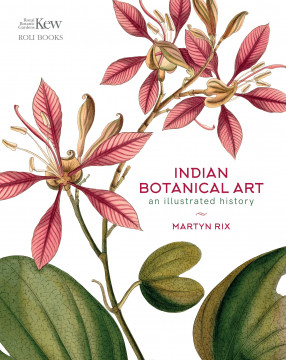Nutritive and Medicinal Values of Under Exploited Vegetable Crops
Among the dietary intake the vegetables are classified as protective foods since they supply good quantities of protein, mineral, fibre and vitamins. In context with peoples in other countries, majority of Indians habituated with vegetarian diet. In most of the under developed countries a few underexploited vegetables are used as staple food, where famine is a recurring phenomenon. India is under different agro-climate zones to grow underexploited vegetables throughout the year. India is the second largest producer of vegetables next to china, even though we are the major producer of vegetables in the world. Our daily consumption of vegetables is less than that of recommendations by Indian Council of Medical Research, Food Agriculture Organisation, National Institute of Nutrition. According to food and agriculture organisations (FAO), most developing countries fall under the categories of countries with insufficient per capita vegetable consumption i.e. 25 Kg per year; whereas the dietician recommends that a person should consume 100-120 kg vegetables per year. A healthy man requires 2700-3000 calories per day but our average consumption is 700 calories which does not meet the requirement. Our per capita consumption vegetables are around 135 gms per day. Under nutrition (Hunger) and malnutrition are most threatening global problems today and the worst situation exiting developing countries. Underutilized vegetables are rich and comparatively cheaper source of minerals and vitamins, which are important for maintaining of good health and beneficial in protecting against some degenerative diseases. According to dietician the balance diet for an adult constitute 125 gms vegetables leafy vegetables, 75 gm other vegetables and 100 gm of root vegetables along with 475 gm cereals, 80 gm pulses, 92 gm fruits, 200 gm milk,40 gm oil, 40 gm sugars. This above recommendations availability to all persons is a big question. Hence in order to get the nutrients at par with the above recommendation emphasis to be given for production of under exploited vegetables which are the treasure house of significant amount of carbohydrates, protein, mineral, vitamins, fats, fibres and phytochemical.
I have attempted to bring maximum information on the nutritional and medicinal aspects of underutilized vegetables as much as possible but all the information available on the subject can’t be presented in a text of the this size. This presentation is our compromise. This book is user friendly to students and others who have the concerned to expand basic knowledge in the field of importance of under exploited vegetables in the present era.
Contents: 1. Introduction. 2. Review of research work. 3. Asparagus. 4. Leeks. 5. Artichoke. 6. Broccoli. 7. Brussels sprouts. 8. Chinese cabbage. 9. Amorphophallus spp. (elephant foot yam). 10. Lima bean. 11. Winged bean (psophocarpus tetragonolobus). 12. Jack bean (canavalia ensiformis). 13. Sword bean. 14. Spinacia oleracea. 15. Basella (vine spinach). 16. Bathua. 17. Celery. 18. Parsley. 19. Parsnips. 20. Lettuce. 21. Rhubarb. 22. Pointed gourd. 23. Other underutilized vegetables. 24. References.
Get it now and save 10%
BECOME A MEMBER










Bibliographic information
A.K. Padhiary